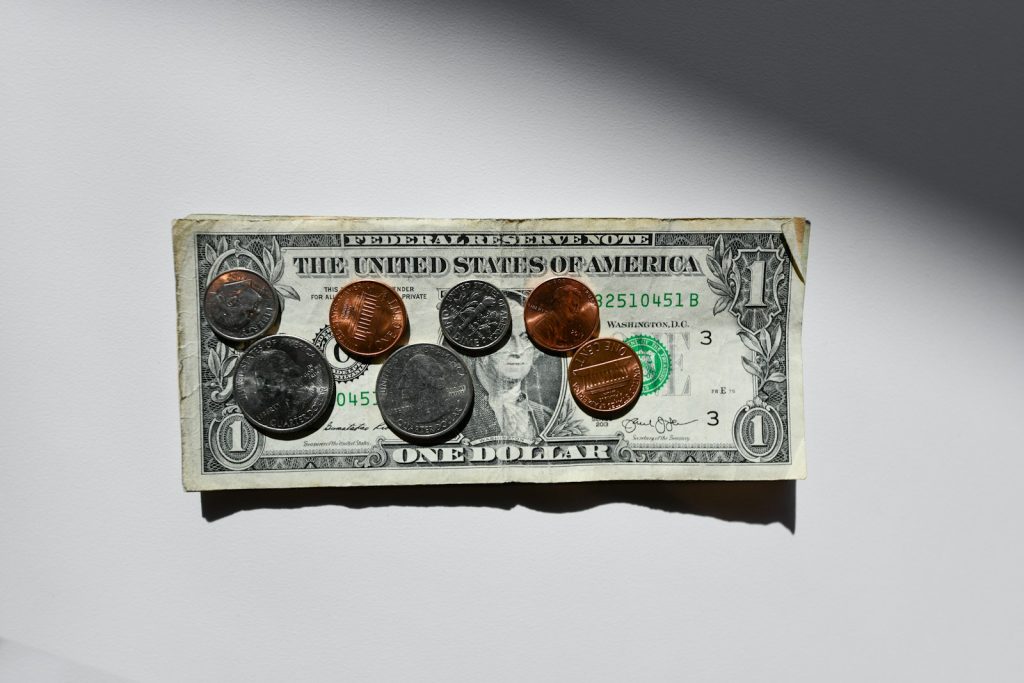 In view of recovering a debt in Nigeria, it must be through the processes recognized by the relevant laws. The relationship between a debtor and a creditor is timeless in human affairs, and more so, it makes it necessary to know the laws that regulate the recovery of debts.
In view of recovering a debt in Nigeria, it must be through the processes recognized by the relevant laws. The relationship between a debtor and a creditor is timeless in human affairs, and more so, it makes it necessary to know the laws that regulate the recovery of debts.
Understanding Debt
Debt is defined as a quantified sum of money due from one person to another, whether by way of agreement or otherwise. For a claim to be recognized as a debt, the sum claimed must be certain, definite, fixed, or liquidated and be due. After the payment is overdue and unpaid, attempting to force the debtor to pay the amount he owes is called recovering a debt. In other words, while the debtor refers to a person or an entity that owes money, a creditor refers to the person or an entity that the money is owed to.
In the case of Nigeria Postal Services v. Insight Engineering Company Limited (2006) 8 NWLR (Pt. 983) p. 438 the court of appeal went further to say that an action for debt will be where a party seeks to recover a liquidated or definite sum of money that is affirmed by the party to be due, generally, by an implied contract under circumstances that the law will imply a contract.
Legal Steps in Debt Recovery in Nigeria
Recovery of debt in Nigeria is a stage-by-stage legal process, and time is of the essence so as to ensure that a suit is filed within the time prescribed by law. In particular, the cause of action based on a simple contract is limited to a period of six years from the date of making the contract within which to establish a claim in debt recovery. As such, a prompt debt action recovery should be done.
Engaging the Debtor
Step one is first involving the debtor with an aim of settling the debt amicably and maintaining the relationship with the debtor, the old traditional method used to resolve debts in small communities. This can be done directly by the creditor or through his lawyer.
Consult a Lawyer
If this initial engagement does not work, the next line of action is to contact an attorney and make all documents available, such as delivery notes, invoices, written agreements, personal and address details when available, letters, email messages, etc.
Review of Documents
The lawyer will go through the documents provided to establish if the claim has established a debt and make a decision on the best course of action.
Letter of Demand
Should the claim be a monetary one, the lawyer sends the debtor a letter of demand, specifying the amount due, which includes interest accrued, and gives a timeline in which to make that payment before court action is taken.
In the event that the judgment debtor does not respond, the lawyer can go on and file an action in court either through the “Undefended List Procedure” or the “Summary Judgment Procedure”. Both procedures avail accelerated actions on debt recovery proceedings. In any case, the court in which one can commence depends on whether it is for small amounts of the debt in question; in Nigeria, one may commence in the Small Claims Court, Magistrate Court, State High Court, or Federal High Court.
“Before litigation,” thus, a legal demand has to be taken before the law courts in Nigeria. Where a contract provides for mediation or arbitration, such alternative dispute resolution mechanisms must be turned to before a suit is filed. To this end, it is noted that Limitation Act and Limitation Laws in various Nigerian states limit the action period to a debt recovery course to be six years. If a creditor does not recover the debt within this period, the court may dismiss the claim unless there has been an acknowledgment of the debt or part payment by the debtor in that six years—which effectively can extend the limitation period.
The content of this article is intended to provide a general guide to the subject matter. A lawyer’s adviceshould be sought for specific issues.
